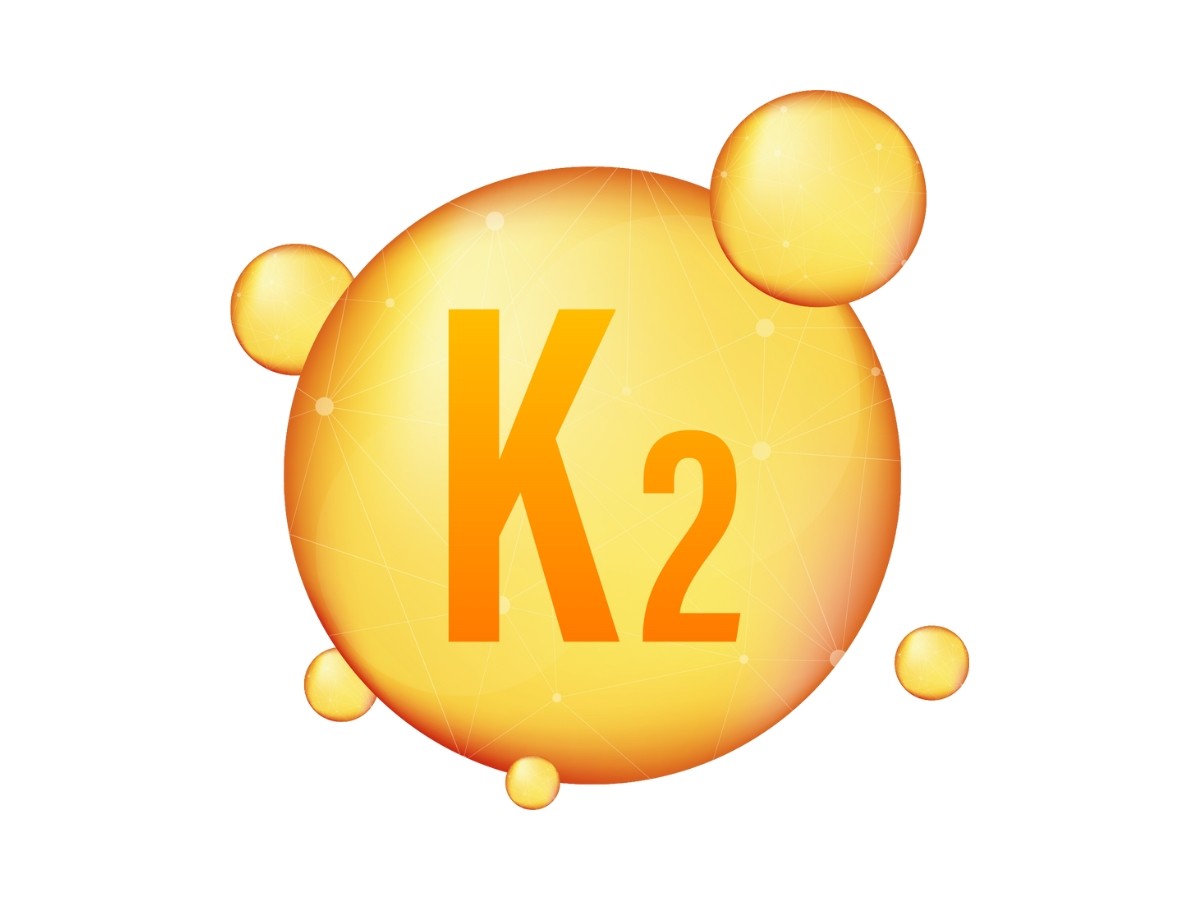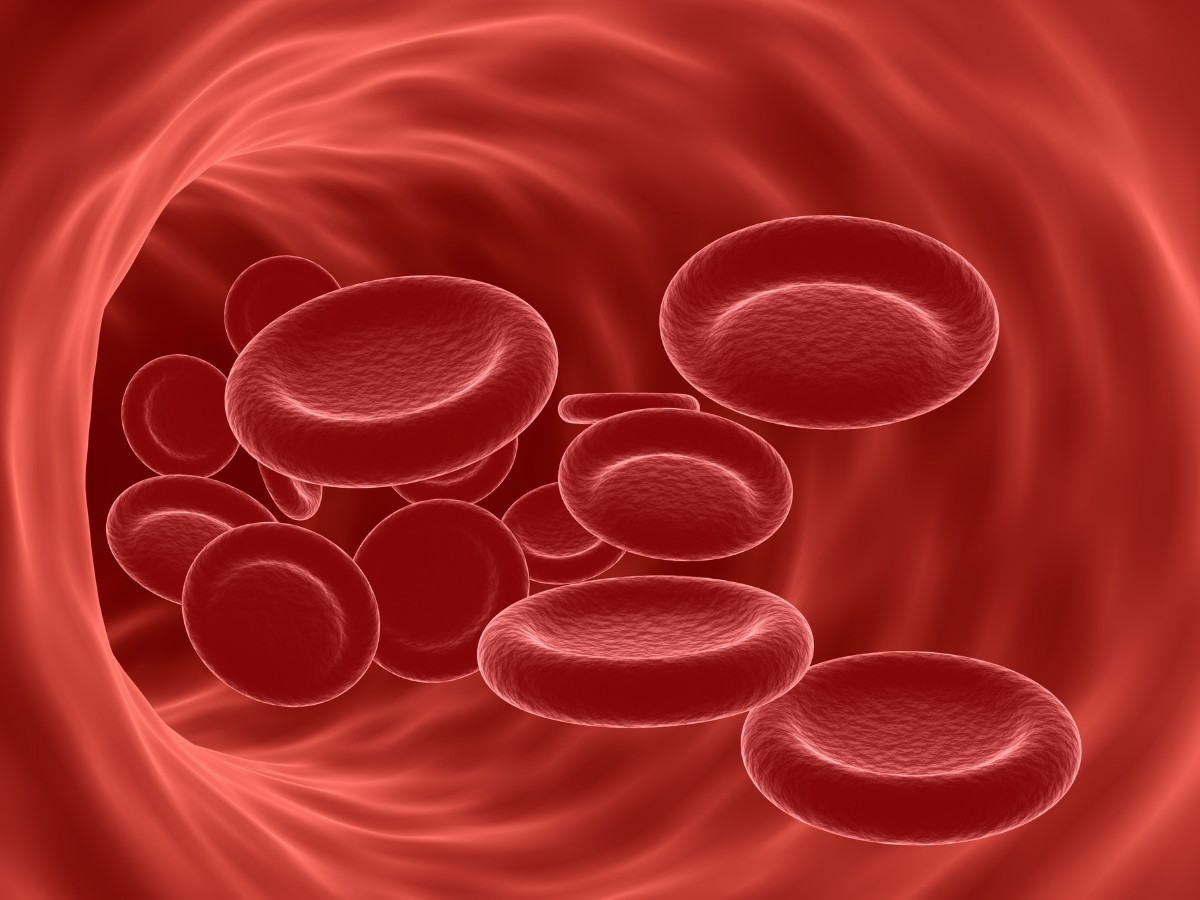
Calcification of Arteries and the Role of Vitamin K2
Arterial calcification refers to the deposition of calcium salts on arterial walls. It is often associated with increased risk for atherosclerosis, arterial stiffness and adverse cardiovascular outcomes. Although its prevalence is age and gender-dependent, it is found in a significant proportion of the population, with one study reporting its occurrence in up to 24.39% of adults aged between 30 and 70 years old. As such, prevention and control of plaque build-up is crucial in maintaining overall health.
Vitamin K2 is essential in regulating calcium homeostasis, which may help prevent arterial calcification. In this blog, we will explore the often overlooked importance of Vitamin K2 in improving overall cardiovascular health outcomes.
What is Vitamin K?
Vitamin K is one of four critical fat-soluble vitamins (alongside Vitamin A, Vitamin D and Vitamin E). Its two natural vitamers are Vitamin K1 (phylloquinone) and vitamin K2 (menaquinones, MK). These vitamers come from different sources and have vastly different roles in the body.
Vitamin K1 is predominantly found in leafy green vegetables, and is primarily responsible for blood coagulation. It is mainly present in the liver. On the other hand, Vitamin K2 is synthesised in the gut by probiotic bacteria, with dietary intake from fermented foods such as cheese, Sauerkraut and other fermented food. Two common forms of Vitamin K2 are menaquinone-4 (MK-4) and menaquinone-7 (MK-7), with MK-7 having a longer half-life due to its molecular structure.
The Key Role of Vitamin K2 in Cardiovascular Health
Over 90% of men and 67% of women older than 70 years have been reported to have coronary arterial calcification in one study, thus showing its highly prevalence in the elderly. However, several factors such as higher body mass index, higher blood pressure, genetics and chronic kidney disease could increase susceptibility to this condition.
Intake of Vitamin K2 can help avoid calcium plaque build-up by activating crucial carboxyglutamate (Gla) proteins, such as matrix Gla protein (MGP) and osteocalcin, which all help utilise calcium effectively. Activated MGP protein is an anti-calcific protein responsible for inhibiting the formation of calcium crystals, while osteocalcin attracts calcium to target areas such as bones and teeth.
The landmark Rotterdam study analysed population-based dietary data for 10 years, finding that patients with Vitamin K2 intake of at least 32 mcg/day had 50% reduced risk of arterial calcification and 50% reduced risk of coronary heart disease; whilst intake of Vitamin K1 did not provide a statistically significant effect.
Apart from arterial calcification, Vitamin K2 provides other benefits to the overall cardiovascular health due to its anti-calcific mechanism of action. Supplemental intake can reduce arterial stiffness, with one clinical study reporting a 10% reduced rate of arterial stiffness progression after daily intake of MK-7 (375mcg/day for 24 weeks).
Other Health Benefits
Conclusions
Vitamin K2 is a key nutrient that supports our cardiovascular system and prevents arterial calcification. Typical doses range between 90 -180mcg day for adults and 90mcg/day for children. To see if Vitamin K2 supplementation is right for your needs, consult with your healthcare provider.
Caution: Vitamin K should not be taken when using blood-thinners (anticoagulants) such as warfarin.
References
1. Nicoll, R. and Henein, M. (2017) 'Arterial calcification: A new perspective?', International Journal of Cardiology, 228, pp. 11–22. doi:10.1016/j.ijcard.2016.11.099.
2. Chen, S. et al. (2022) 'Prevalence and risk factors for vascular calcification based on the ankle-brachial index in the general population: A cross-sectional study', BMC Cardiovascular Disorders, 22. doi:10.1186/s12872-022-02668-9.
3. Mladěnka, P. et al. (2021) 'Vitamin K – sources, physiological role, kinetics, deficiency, detection, therapeutic use, and toxicity', Nutrition Reviews, 80, pp. 677–698. doi:10.1093/nutrit/nuab061.
4. Vik H. (2019). Highlighting The Substantial Body Of Evidence Confirming The Importance Of Vitamin K2 As A Cardio-Support Nutrient, And How The Right K2 Makes All The Difference. Integrative medicine (Encinitas, Calif.), 18, 24–28.
5. Wong, N. D., Kouwabunpat, D., Vo, A. N., Detrano, R. C., Eisenberg, H., Goel, M., & Tobis, J. M. (1994). Coronary calcium and atherosclerosis by ultrafast computed tomography in asymptomatic men and women: relation to age and risk factors. American heart journal, 127(2), 422–430. https://doi.org/10.1016/0002-8703(94)90133-3
6. Liu, W., Zhang, Y., Yu, C. M., Ji, Q. W., Cai, M., Zhao, Y. X., & Zhou, Y. J. (2015). Current understanding of coronary artery calcification. Journal of geriatric cardiology : JGC, 12, 668–675. https://doi.org/10.11909/j.issn.1671-5411.2015.06.012
7. Hariri, E. et al. (2021a) 'Vitamin K2—a neglected player in Cardiovascular Health: A Narrative Review', Open Heart, 8. doi:10.1136/openhrt-2021-001715.
8. Geleijnse, J.M. et al. (2004) 'Dietary intake of menaquinone is associated with a reduced risk of coronary heart disease: The Rotterdam Study', The Journal of Nutrition, 134, pp. 3100–3105. doi:10.1093/jn/134.11.3100.
9. Naiyarakseree, N., Phannajit, J., Naiyarakseree, W., Mahatanan, N., Asavapujanamanee, P., Lekhyananda, S., Vanichakarn, S., Avihingsanon, Y., Praditpornsilpa, K., Eiam-Ong, S., & Susantitaphong, P. (2023). Effect of Menaquinone-7 Supplementation on Arterial Stiffness in Chronic Hemodialysis Patients: A Multicenter Randomized Controlled Trial. Nutrients, 15, 2422. https://doi.org/10.3390/nu15112422
10. Villa, J. K. D., Diaz, M. A. N., Pizziolo, V. R., & Martino, H. S. D. (2017). Effect of vitamin K in bone metabolism and vascular calcification: A review of mechanisms of action and evidences. Critical reviews in food science and nutrition, 57, 3959–3970. https://doi.org/10.1080/10408398.2016.1211616
11. Huang, S. H., Fang, S. T., & Chen, Y. C. (2021). Molecular Mechanism of Vitamin K2 Protection against Amyloid-β-Induced Cytotoxicity. Biomolecules, 11, 423. https://doi.org/10.3390/biom11030423
Related Posts
By accepting you will be accessing a service provided by a third-party external to https://www.lipa.com.au/







